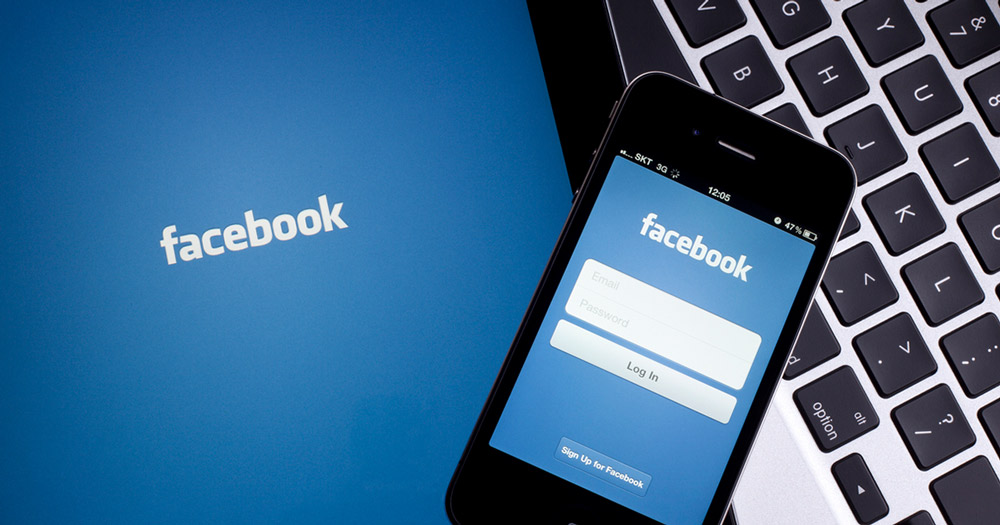Kelly Freter, the Director of Marketing and communications at the Los Angeles LGBT Center, said the organization had seen 7-10 ads for events and awareness campaigns blocked since mid-June.
“We can’t get a clear answer about why things are being blocked or someone to follow up with us about how we register as an organization,” Freter said. One of the centre’s blocked ads that were reviewed by The Post was an invitation to celebrate the life of singer Selena Quintanilla-Pérez with a screening of the movie starring Jennifer Lopez.
“The bigger concern from us is that we’re unable to reach people in the community,” Freter said.
Theresa Lucero, a coordinator at the Community Counseling Center of Southern Nevada, a Las Vegas-based nonprofit that offers services such as HIV testing and counselling, said that the group has been having particular trouble getting ads approved, for things such as a gay social group it organizes, if the advertisements are in Spanish. “When (we have) posted the same ad in English, they’ve gone through,” Lucero said.
Most of the ‘censored’ ads of which Facebook told The Post were in error, underscore the company’s challenges in regulating the massive amount of information flowing through its service, an issue that burst into the fore after the disclosure that Russian-state actors used advertisements on Facebook to sow discord during the 2016 U.S. election.
But they also touch on a deeper tension as the company seeks to better regulate political uses of its platform. Though Facebook has taken strides to appear neutral, the censorship of LGBT+ ads, however inadvertent, points to the company’s difficulty in finding a middle ground in a tense national climate where policy increasingly hinges on fundamental questions about race and identity.
Facebook’s new policies require those seeking to promote posts on political topics and candidates to register with the company and mandate that the ads include information about their funding, or the advertisements will be blocked.
If these companies had taken the steps to register as political entities with Facebook, a process that requires a driver’s license or passport, a personal home address and the last four digits of a Social Security number, then the ads would have been permitted.
But many people that The Post spoke to said they didn’t know they had the option to register. Others said that they felt registering as political would be dishonest to their organization’s mission. And most questioned the meaning inherent in requiring an LGBT+ group to register as political on the basis of such an existential question about identity.
Facebook declined to explain how the filtering process works and how much of the filtering was driven by algorithms rather than human monitors.

Overall, confusion about the social media network’s process made the problem more unsettling. Facebook’s policies spell out some of the reasons it flags ads on hot-button political issues, but the list — which includes subjects such as abortion, civil rights, guns, Social Security, the military, terrorism and taxes — says nothing about LGBT+ culture.
“The ones that were incorrectly labelled have been removed from the archive and we apologize for the error,” the company said in a statement distributed by spokeswoman Devon Kearns. “We do not consider all ads that relate to LGBT+ under this policy, but rather only those that advocate for various policies or political positions, which several of these ads do.”
Many of the groups’ administrators said their experience had given them a sour impression of the company, though most said there were few alternatives for getting their message out to wide groups of people.
“Why is this community considered a political community?” Bonner, a motivational speaker, said in an interview with The Post. “Immigrants are political. LGBT is now political. African Americans are political. Asian Americans are political. Where does this stop when all we’re trying to do is live our lives?”
© 2018 GCN (Gay Community News). All rights reserved.
Support GCN
GCN is a free, vital resource for Ireland’s LGBTQ+ community since 1988.
GCN is a trading name of National LGBT Federation CLG, a registered charity - Charity Number: 20034580.
GCN relies on the generous support of the community and allies to sustain the crucial work that we do. Producing GCN is costly, and, in an industry which has been hugely impacted by rising costs, we need your support to help sustain and grow this vital resource.
Supporting GCN for as little as €1.99 per month will help us continue our work as Ireland’s free, independent LGBTQ+ media.


comments. Please sign in to comment.